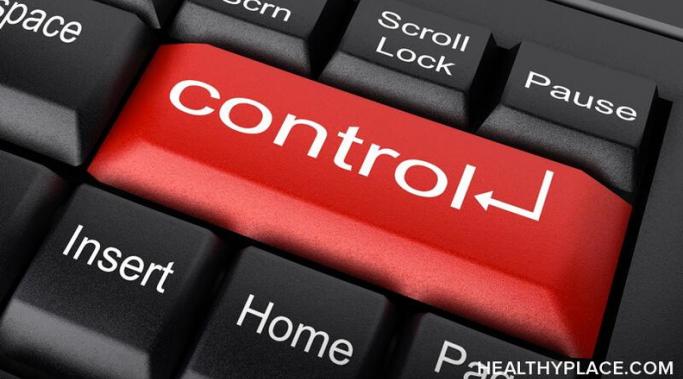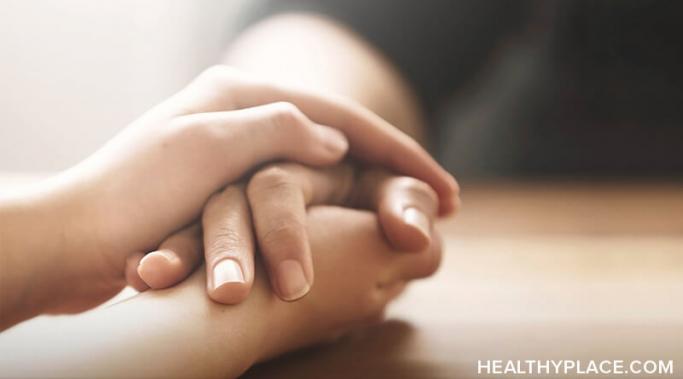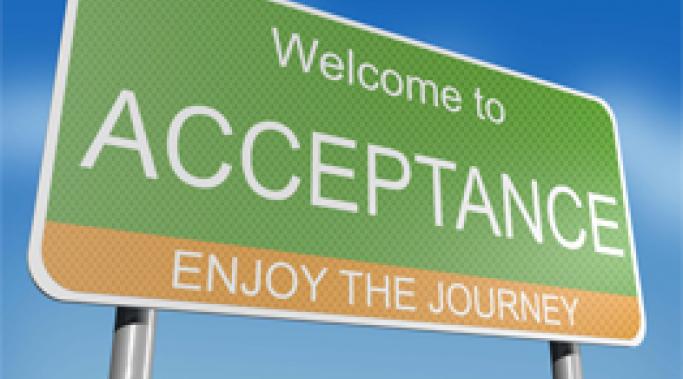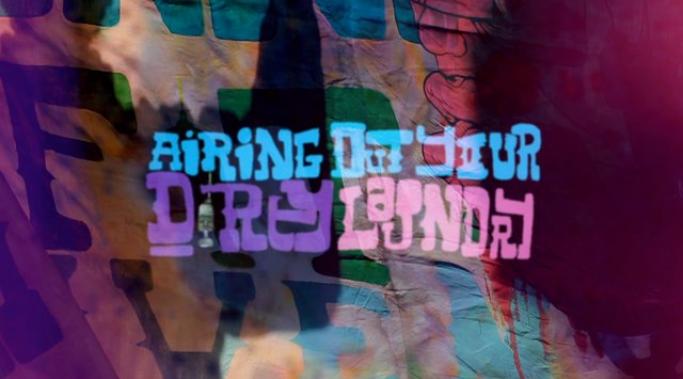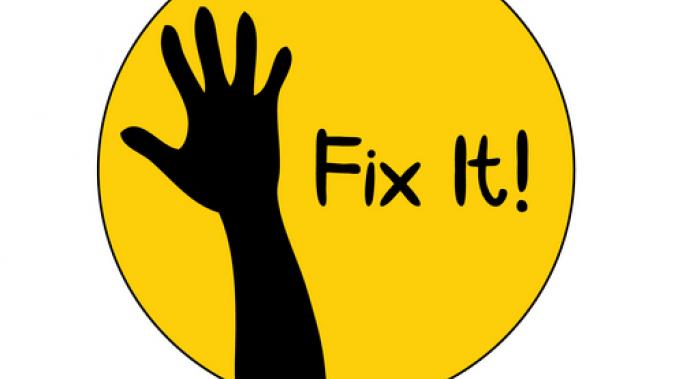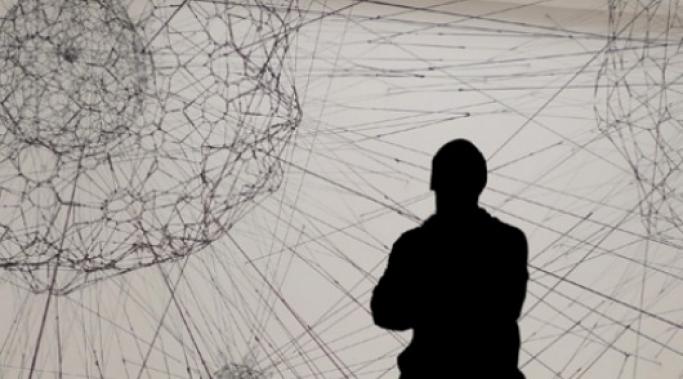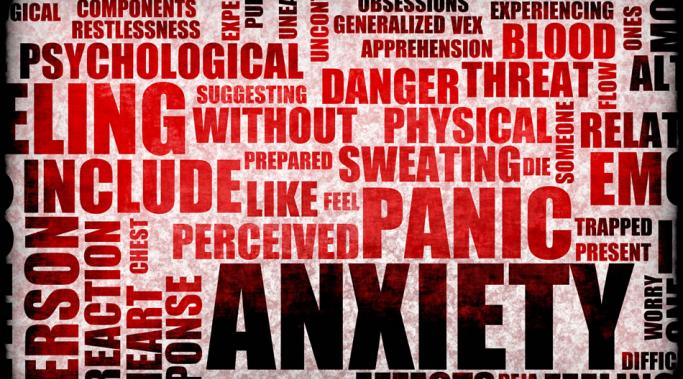Have you ever noticed that control is a major life issue for people? And have you noticed that we all, as human beings, want to have control of ourselves, others, and pretty much the entire universe, if we had our way? Of course, you've noticed, because you've lived around other people enough to know that our quest to control permeates much of our lives.
Mental Health - Recovering from Mental Illness
Last week brought me a lesson in the need to be prepared when mental health triggers come, as they inevitably do in our recovery. These triggers can be dangerous because they can instantly transport us to a place of emotional turmoil and intensify our symptoms. In order to manage our illness, we must be prepared at all times. We never know when we can be triggered and we need to take steps to ensure we and others around us are safe.
This past week, there was a national firestorm with the release of American POW Bowe Bergdahl from captivity in Afghanistan. I had not known the story prior to this, but when I heard the circumstances of his experience, I was triggered in a way that hasn’t happened in a long time.
I have heard a phrase repeated by some in the mental health community. “We just want to be treated like everyone else.” Really? I don’t. Why? Because I certainly am not like everyone else and if you apply their standards to me I lose.
Another thing I’ve heard. People with mental illness should be held accountable for their actions just like everyone else—there it is again, “just like everyone else.” I understand the sentiment. It may be what they’re saying is “we don’t want to be discriminated against. Treat us like everyone else.”
The source of much of our discomfort lies in what we find unacceptable. I’m heartbroken because I don’t want to accept that person I loved is gone forever. I’m anxious because I don’t want to accept that I might actually be safe, that no one is trying to purposely hurt me. I’m sad because I have difficulty accepting that there are actually good and lovely things in this world, as well as the bad things. I don’t want to accept that I need to be on this medication now, and maybe for life. All these things, and many more, I find unacceptable.
When should the symptom-induced guilt and shame end and responsibility in mental illness begin? Chris T. (actual person, name changed) has been diagnosed with bipolar disorder. One of the ways his bipolar manifests is hypersexuality. This symptom drives Chris to act out sexually. He's a married man and over the years has had two extramarital relationships. He has come perilously close on more than one occasion to losing his entire family. Chris feels guilt and shame. He doesn't deny responsibility in his mental illness, but his wife is torn apart because of his actions.
It happened again the other night. A person that I largely respect asked me about my Mental Health Awareness ribbon. Happy to have an opportunity to discuss mental health, I explained that the lime green ribbon represents bringing mental health into the limelight. This person retorted:
"There are so many crazies."
"Why talk about it? Lock them up and end the threat to society."
Let's face it: physical illness and mental illness don't mix. Dealing with mental illness symptoms of exhaustion, tension in the body, headaches (and the list goes on and on) is difficult. Mix in the flu or virus and between the two, it can feel as though you are boxing shadows. I recently experienced this and while I feel a bit better, there are observations that I made that I hope will help others.
Are Self-Help Books, Videos The Answer?
Whether the "problem" is mental illness, low self-esteem, feeling unfulfilled or any other "malady", there is a book, problem or savior for you! Walk into your local Barnes & Noble, Half-Price Books or independent bookseller and take note of how much real estate is devoted to the self-help titles. You Can Change Your Life, The Secret, The Law of Attraction. . .the key to a happy life is contained within. Can't you hear the harps playing as you crack it open? No? Me neither.
Poverty Mindset
Poverty mindset is a term that comes up from time-to-time as a root cause of inner-city violence, lower standardized test scores, lower IQ and many other maladies. Can poverty in childhood also lead to changes in adult cognitive abilities?
Once upon a time, a woman confident upon the stage, attended a TEDx event. The woman wove her way through the crowd to find her seat and settled in. The speakers were engaging, the topics diverse and she sat at rapt attention. At the 1st break, the woman stepped out for fresh air. Except that it wasn't fresh and there was no air. Everyone else was taking all of the air. She found herself swallowed up in the crowd and each time she re-established her personal space, the school of fish moved in again like a moving wall. She spent every break wishing for a few moments of silence. Even going outside the building brought no piece, the fish simply found another route to the "food". The woman in this story is me and the story is about social anxiety, panic and the effects of PTSD (post-traumatic stress disorder) on the ability to persevere.
